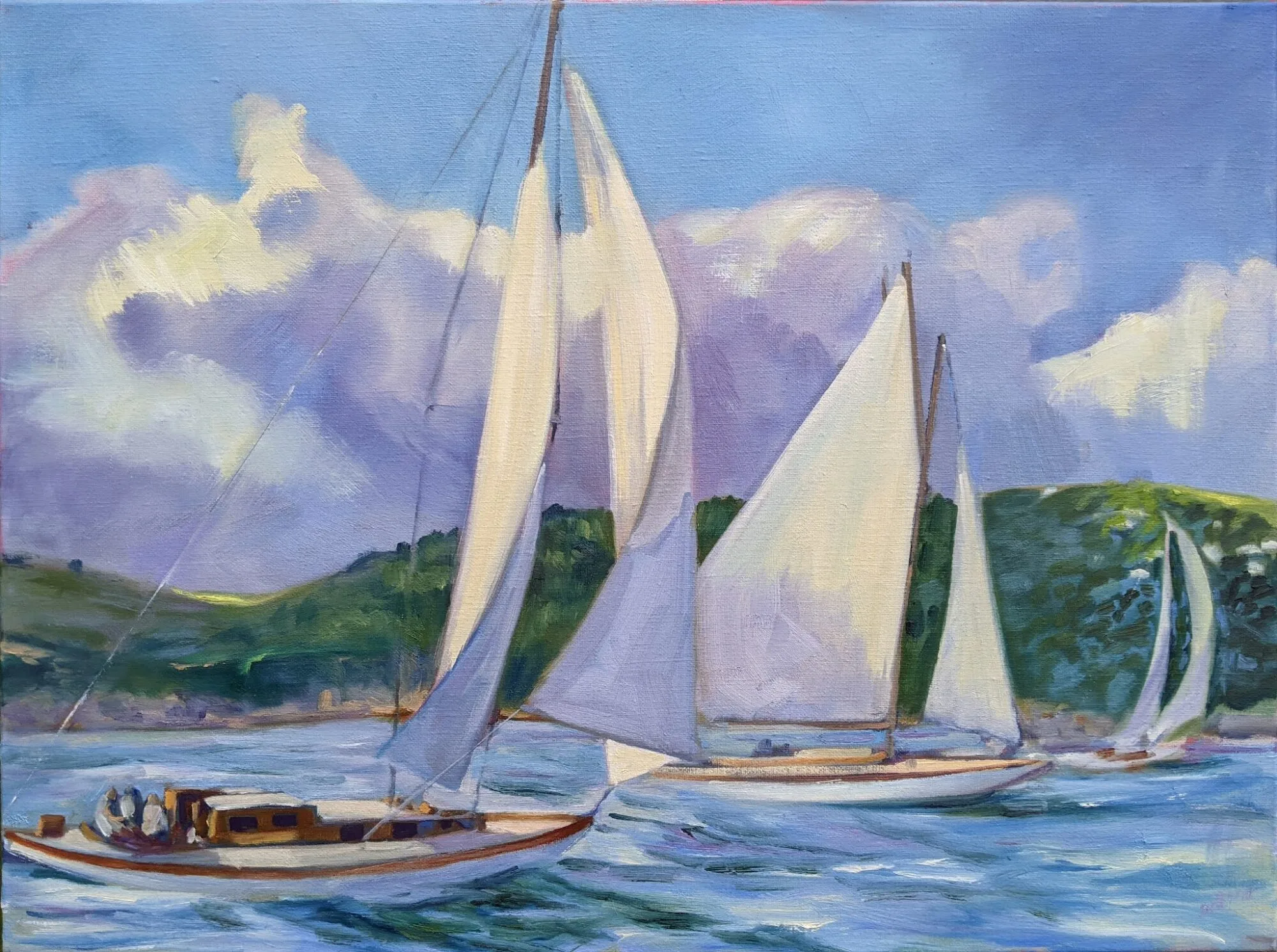|
An angel helps me out.
|
| Jerusalem, by Carol L. Douglas. Yesterday I decided to illustrate Blake’s poem. I got exactly this far. |
I’m writing this on my phone in line in the airport, where we and many other Americans have met up to take the last scheduled flight from Argentina.
We left our hotel at 7 AM for an 11:30 flight, expecting to be detained at roadblocks. The inbound traffic lanes proceeded slowly but, outbound, police waved us through. They’re no doubt happy to send us on our way. Nonetheless, our flight is already delayed an hour.
From my fourth-floor aerie I peered into many cars over the past few days. They typically had papers on their dashboard. Before this trip I wouldn’t have understood that these were documents that must be produced on demand. Even though I don’t want to see America as a police state, I understand the impulse to crack down. This is a very large, tightly-packed city, and the pandemic could do terrific damage.
 |
| Casa Rosada. That’s as close as we ever got to tourism. |
We drove past the Casa Rosada, the Argentine White House, on our way out of town. That’s as close as we have been to seeing the sights. From there to the airport, Buenos Aires is much like any other city in the world: pricey high-rises tapering to smaller, less-lovely structures, to an industrial beltway and then, finally, suburbs and towns. Our national identity may come from places like the Casa Rosada and White House, but the truth is that for most of us, the places we call home are interchangeable.
With the exception of a few cities, Americans don’t have a taste for living in tower blocks. That makes us odd compared to most nations. Even Canadians seem to like living in high-rises, judging from cities like Toronto and Ottawa. But we Americans are suburban in the same way our British and Australian cousins are. For us, “home” is optimally two stories and includes a small patch of green.
 |
| Empty airport |
Thinking about home, I decided to make my last painting a line from that great British hymn, Jerusalem. It is sort of an unofficial British anthem, and is based on a poem by the visionary artist William Blake. Each line could yield a painting or three.
The cost of this pandemic is borne by all of us. We have incurred some terrific expenses in the form of flights we cannot take and accommodations. The Hilton Buenos Aires was our only option and it did not come cheap. But I was shocked to learn that an individual donor covered the entire bill for all ten of us.
I know who this person is, and that he doesn’t want his name shared. I mention it because it’s common in our culture to vilify people for not giving, or not caring. And yet so many people do wonderful things in very private ways, not so they can be publicly lauded, but simply because they see a need. Remember that next time you want to castigate a political opponent as selfish or uncaring.








